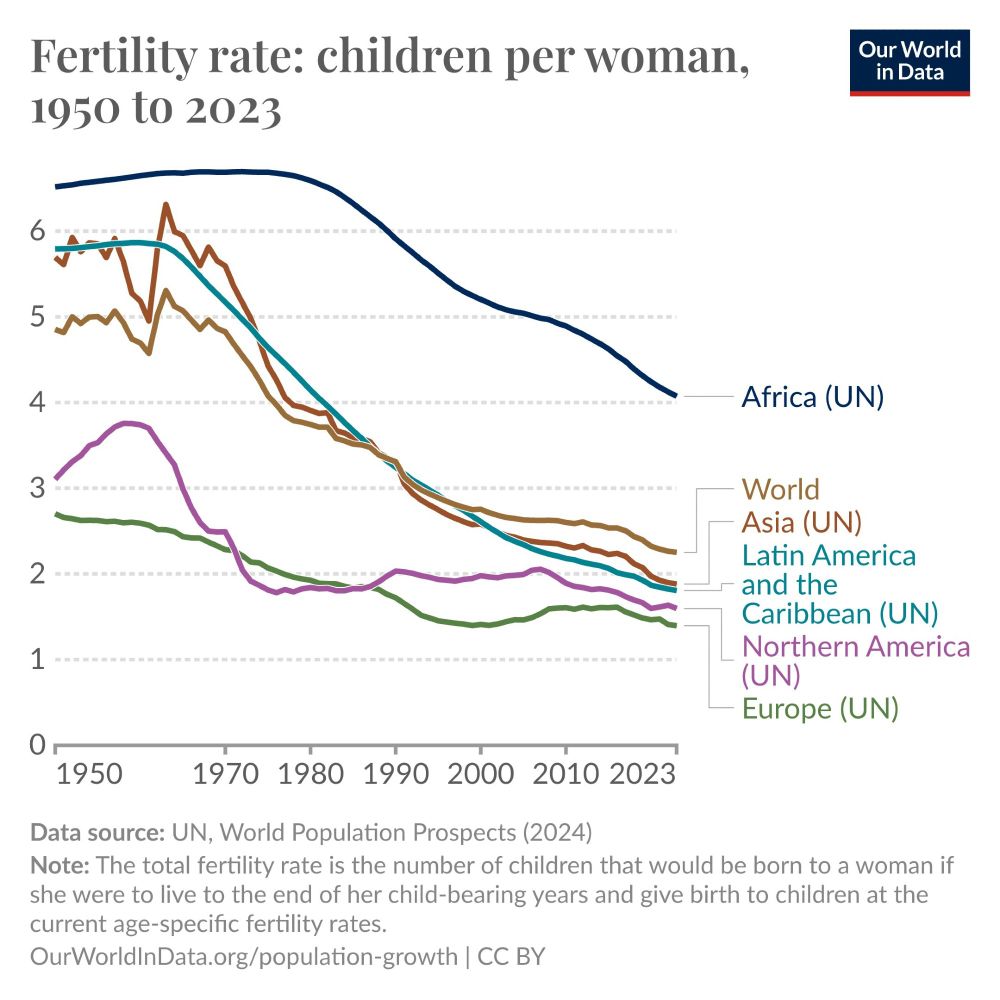
NERC is the UK's primary earth & env research funding agency. The committee advises on priority investment areas and policies to support the delivery of NERC's science strategy ⚒️

NERC is the UK's primary earth & env research funding agency. The committee advises on priority investment areas and policies to support the delivery of NERC's science strategy ⚒️

More info here: www.undrr.org/news/undrr-s...

More info here: www.undrr.org/news/undrr-s...
The second paper from @myfaultmanu.bsky.social's PhD thesis investigates the active tectonic deformation across the Western Anatolian Extensional Province in Türkiye using Sentinel-1 derived InSAR velocities.⚒️🧪🪨🛰️
OA paper here: agupubs.onlinelibrary.wiley.com/doi/10.1029/...

The second paper from @myfaultmanu.bsky.social's PhD thesis investigates the active tectonic deformation across the Western Anatolian Extensional Province in Türkiye using Sentinel-1 derived InSAR velocities.⚒️🧪🪨🛰️
OA paper here: agupubs.onlinelibrary.wiley.com/doi/10.1029/...

I LOVE trees! 🌳🌲🍃
#Naturewalk


I LOVE trees! 🌳🌲🍃
#Naturewalk
Any thoughts/ideas on a nice way to show these values that's not just three maps of the 2.5%, expected value and the 97.5%?

Any thoughts/ideas on a nice way to show these values that's not just three maps of the 2.5%, expected value and the 97.5%?
This work began with fruitful discussions over COVID lockdowns.
Our findings underscore the need for integrated multi-hazard-risk strategies to enhance urban resilience, especially in growing cities with dynamic exposure & vulnerability 🧪🪨
agupubs.onlinelibrary.wiley.com/doi/full/10....

This work began with fruitful discussions over COVID lockdowns.
Our findings underscore the need for integrated multi-hazard-risk strategies to enhance urban resilience, especially in growing cities with dynamic exposure & vulnerability 🧪🪨
agupubs.onlinelibrary.wiley.com/doi/full/10....
#climateaction

#climateaction
We discussed strengthening BGS–Indonesia scientific partnerships on geohazards, mineral resources and geothermal energy. Lots to follow up on!


We discussed strengthening BGS–Indonesia scientific partnerships on geohazards, mineral resources and geothermal energy. Lots to follow up on!
The predicted ground shaking from a M7.4 earthquake on a complex network of strike-slip & thrust faults in Indonesia.

The predicted ground shaking from a M7.4 earthquake on a complex network of strike-slip & thrust faults in Indonesia.

Since 1980, global rates have fallen by three-quarters — from almost 12% to less than 3%.
Progress continues in Africa and Asia, where most child deaths occur.

Since 1980, global rates have fallen by three-quarters — from almost 12% to less than 3%.
Progress continues in Africa and Asia, where most child deaths occur.
The UN estimates that China’s population is now about to decline due to low fertility rates over a long period of time.
But India also has fertility rates below the “replacement rate” now, so population growth is slowing.

The UN estimates that China’s population is now about to decline due to low fertility rates over a long period of time.
But India also has fertility rates below the “replacement rate” now, so population growth is slowing.
By the end of the century, more than 8 in 10 people on the planet will live in Africa or Asia.

By the end of the century, more than 8 in 10 people on the planet will live in Africa or Asia.
The world reached this peak for under-5s in 2017 and under-15s in 2021.

The world reached this peak for under-5s in 2017 and under-15s in 2021.
That’s the rate at which population size remains constant from generation to generation.
This is around 2.1 children per woman in developed countries and slightly higher in lower-income ones.

That’s the rate at which population size remains constant from generation to generation.
This is around 2.1 children per woman in developed countries and slightly higher in lower-income ones.
Fertility rates measure the average number of children per woman.
Globally, they have more than halved since 1950.

Fertility rates measure the average number of children per woman.
Globally, they have more than halved since 1950.
The UN expects this decline to continue, with the global population shrinking towards the end of the century.

The UN expects this decline to continue, with the global population shrinking towards the end of the century.
This is a couple of years earlier than it projected in its 2022 edition.

This is a couple of years earlier than it projected in its 2022 edition.
Anyway, I'm returning home energised with fantastic examples of impact-driven research from the Natural Hazards and Risks in a Changing World conference. It was so good to (re)connect with the multi-hazards community again!



Anyway, I'm returning home energised with fantastic examples of impact-driven research from the Natural Hazards and Risks in a Changing World conference. It was so good to (re)connect with the multi-hazards community again!


